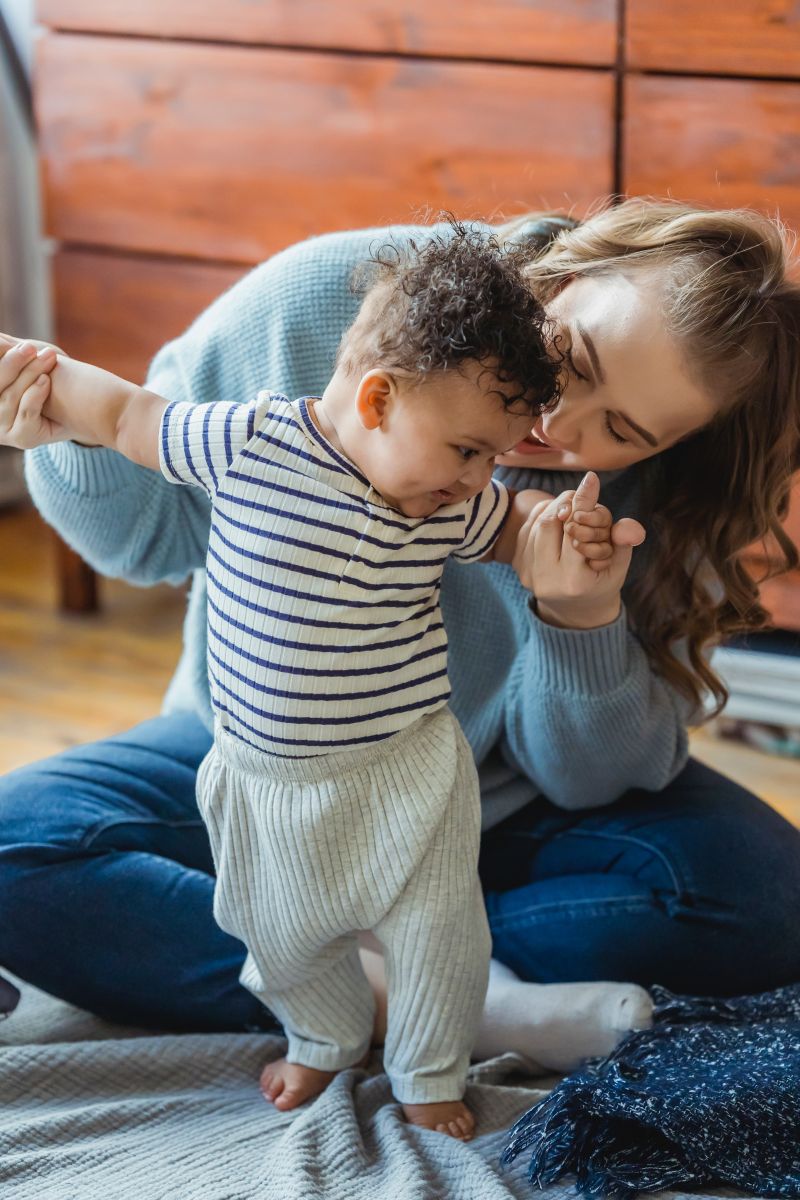 A couple years ago, my son refused to participate in his piano recital because he hadn’t learned his piece well enough. I can confirm that he hadn’t practiced much and was making lots of mistakes. Even so, a few days before the recital, I pleaded with him, “Can you just go up there and play it as best as you can? It’s okay if you make mistakes!”—to which he responded, as I knew he would, “No way. That’s too embarrassing.”
A couple years ago, my son refused to participate in his piano recital because he hadn’t learned his piece well enough. I can confirm that he hadn’t practiced much and was making lots of mistakes. Even so, a few days before the recital, I pleaded with him, “Can you just go up there and play it as best as you can? It’s okay if you make mistakes!”—to which he responded, as I knew he would, “No way. That’s too embarrassing.”
I could make this blog post all about my failings as a piano parent, but I won’t do that. I have a feeling that some parts of my story might be relatable. Many kids (and adults too!) find mistakes to be so embarrassing and shameful, they’ll avoid making them at all costs. I can’t say that I would want to perform in the recital under my son's circumstances either.
When my son was a year old and I watched him learn how to walk, I saw him fall down hundreds of times. He always got back up and kept trying. He often seemed to enjoy the struggle, laughing each time he would crash down. What’s more, he seemed to delight in my attention as I watched him fall. Gradually, with persistence, he stopped falling and started walking. Before long, he was running. Babies haven’t yet learned to feel shame about their mistakes, which makes them the most effective learners we know.
Mistakes are inevitable when learning a new skill. When we start avoiding mistakes due to our own self-judgement or the judgement of others, we stop learning. Unfortunately, this fear of judgement often begins at a young age and continues to grow. Researchers have found that schools in the U.S. tend to perpetuate the idea that we should avoid mistakes, but this is detrimental to students. Many well-meaning educators will spend much more time on students’ successes. Understandably, they don’t want to make students feel upset by focusing on their errors. However, it is imperative that we attend to both errors and achievements. When students can analyze errors with curiosity instead of judgement, they deepen their understanding of the skill they’re trying to learn. And after they study their errors, they are less likely to repeat them—thus mastering new skills more efficiently.
How can we encourage students to look carefully at their mistakes when their instincts are to avoid them or feel ashamed by them? The key is to normalize struggles and mistakes as inevitable parts of the process—parts that can teach us many important things. Tell students you expect that they will make mistakes, and when they do, their brains are alert and ready to learn. Studies show that our brains benefit from struggling and making mistakes! Make sure your students know that the feeling of something being a struggle is the feeling of their brains trying to grow. Ideally, you’ll be able to create a class culture in which students embrace their mistakes as helpful. Even so, in some cases you may still want to review students’ errors with them individually to mitigate fear of embarrassment.
Noticing and learning from reading errors is a big component of the Read Live program. In Read Naturally Live, for example, students mark their errors during cold and hot timings to identify which words are not yet automatic for them. During the Read Along and Practice steps, they click on unknown words to hear them pronounced or to learn their definitions. In order to pass a story, students need to score 100% on the comprehension questions. When they miss a question, they are required to review the story again and try to locate the correct answer. During the Pass step, teachers will go through the student’s work with them individually, reviewing missed words and questions to solidify their understanding of the parts they struggled with. Each of these moments provides an important opportunity for the student to learn, in a supportive environment, how to improve. Students go through similar processes of correcting their errors in the other programs in the Read Live suite: Word Warm-ups Live, One Minute Reader Live, and Read Naturally Live—Español.
Helping students embrace their mistakes is one of the most important things you can do as an educator. In addition, it’s also helpful if you make a few mistakes yourself! When you do, point them out. Model curiosity instead of judgement. If you start to see your own mistakes as learning moments instead of embarrassments, your students will have an easier time following suit.

 Share your student’s success story—nominate him or her for our Star of the Month award. Win a Barnes & Noble gift card for the student and a Read Naturally gift certificate for your class!
Share your student’s success story—nominate him or her for our Star of the Month award. Win a Barnes & Noble gift card for the student and a Read Naturally gift certificate for your class!
Post a New Comment